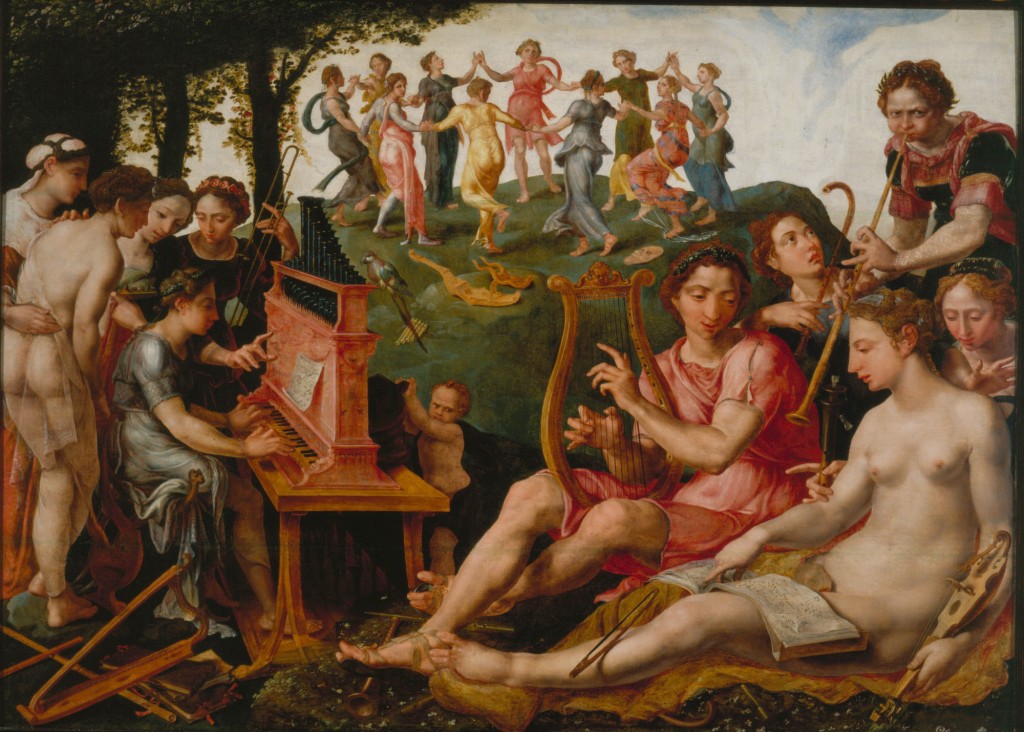Schubert's Birthday today ! I'd planned to mark the occasion at the Wigmore Hall, but Julia Kleiter cancelled (get well soon !) and the prospect of driving up snow covered hills late at night was too much to contemplate. But for me, every day is Schubert's Birthday. So here's a gift in his honour, the song Abendlied für die Entfernte D856 (1825) to a poem by August Wilhelm Schlegel.
Hinaus mein Blick! hinaus ins Tal!
Da wohnt noch Lebensfülle;
Da labe dich im Mondenstrahl
Und an der heil'gen Stille.
Da horch nun ungestört, mein Herz,
Da horch den leisen Klängen,
Die, wie von fern, zu Wonn' und Schmerz
(Gaze into the distance, gaze towards the valley, There lives yet the fullness of life,. Be revived by the rays of the moon, in the holiness of peace. My heart : listen undisturbed to gentle sounds that, as if from afar, evoke joy and sorrow )
Wenn Ahnung und Erinnerung
Vor unserm Blick sich gatten,
Dann mildert sich zur Dämmerung
Der Seele tiefster Schatten
Ach, dürften wir mit Träumen nicht
Die Wirklichkeit verweben,
Wie arm an Farbe, Glanz und Licht
Wärst du, o Menschenleben!
(When apprehension and memories gather before our sight, growing misty in the twilight of the soul's deepest shadows. Ah, if we didn't weave dreamns with reality, how lacking in colour, gloss and light would life be ?)
So hoffet treulich und beharrt
Das Herz bis hin zum Grabe;
Mit Lieb' umfaßt's die Gegenwart,
Und dünkt sich reich an Habe,
Die Habe, die es selbst sich schafft,
Mag ihm kein Schicksal rauben;
Es lebt und webt in Wärm' und Kraft
Durch Zuversicht und Glauben.
(So the Heart is filled with hope, faithfully and with determination unto the grave, embracing bthe present with love, counting the blessings it has endowed itself which fate cannot take away. It lives and moves with warmth and diligence through confidence and faith)
Und wär in Nacht und Nebeldampf
Auch Alles rings erstorben,
Dies Herz hat längst für jeden Kampf
Sich einen Schild erworben.
Mit hohem Trotz im Ungemach
Trägt es, was ihm beschieden.
So schlummr' ich ein, so werd' ich wach,
In Lust nicht, doch in Frieden.
(And if, in night and fog swirl around, and death intervenes, this Heart has long found, for every battle, a shield of defiance to ward off defeat. So I fall asleep, and will awake, not in pleasure but in peace)
The strophic setting and sturdy piano accompaniment enhances meaning, for it emphasizes the sense of steady determination through which the Heart , the protagonist defies the inevitable fate that is death. Because the Heart has heard " leisen Klängen" he has lived well and loved life so well that this fate sustains him and gives him peace even when he's lost the world, and only has distant horizons to gaze upon. Schlegel's poem is deeply contemplative : a philosophy of life that overcomes mortality. Thus we can gaze upon the statue of Schubert, on his 123rd birthday, as it stands, no doubt covered in snow this bitter winter, and understand the significance of the text.



